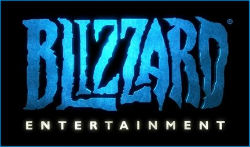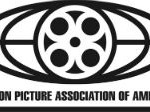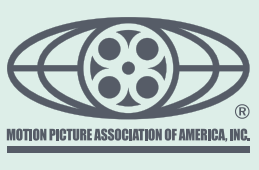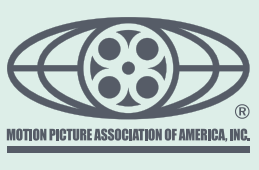Blizzard Sues Bot Maker For Copyright Infringement
mercredi 11 novembre 2015 à 19:10 Over the years video game developer and publisher Blizzard Entertainment has released many popular game titles.
Over the years video game developer and publisher Blizzard Entertainment has released many popular game titles.
However, to the disappointment of the developer and the majority of its customers there exists a small subgroup of players who are happy to deceive their opponents to get an edge in Blizzard’s games. Through hacks and cheats these players are often able to dominate the competition with minimal effort.
In an attempt to stamp out this type of abuse Blizzard has now filed a lawsuit against James Enright (aka “Apoc”), the individual behind a popular series of gaming bots. Enright’s software allows users to cheat in World of Warcraft, Diablo and Heroes of Storm, among others.
In a complaint filed at a California federal court, Blizzard notes that the “HonorBuddy,” “DemonBuddy” and “StormBuddy” bots infringe on its copyrights. In addition, the bots ruin the fun for other players, which causes financial damage to the company.
“The Bots created by Enright and his team have caused, and are continuing to cause, massive harm to Blizzard. Blizzard’s business depends upon its games being enjoyable and balanced for players of all skill levels,” the complaint (pdf) reads.
“The Bots that Enright has programmed and helps distribute destroy the integrity of the Blizzard Games, alienating and frustrating legitimate players, and diverting revenue from Blizzard to Defendants,” they add.
Blizzard believes that the bots cause legitimate players to lose interest, costing the company millions in lost revenue. The bot maker, meanwhile, is generating a significant profit.
“As a result of Enright’s conduct, Blizzard has lost millions or tens of millions of dollars in revenue and in consumer goodwill. Meanwhile, Enright and his team have been massively and unjustly enriched at Blizzard’s expense,” Blizzard adds.
Blizzard believes that Enright may have made millions through the bot sales, which start at €24.98 ($27) for the most basic World of Warcraft version.

Aside from breach of contract, by violating the EULA which prohibits the use of bots and cheats, Enright and his team are accused of copyright infringement.
“Defendants have infringed, and are continuing to infringe, Blizzard’s copyrights by reproducing, adapting, distributing, and/or authorizing others to reproduce, adapt, and distribute copyrighted elements of the Blizzard Games without authorization,” Blizzard writes.
Blizzard asks the court to issue an order against the defendants to prevent them from distributing the software. In addition, they demand actual or statutory damages for the alleged copyright infringements, which could add up to tens of millions of dollars.
The company’s claimed losses are supported by research which has shown that WoW bots can create a massive amount of in-game gold, which raises the prices of items for legitimate users. These users may then lose their motivation and stop playing, hurting Blizzard’s revenue.
At the time of writing the Buddy Forum and the associated website remain operational, claiming that “botting is not against any law.”
Source: TorrentFreak, for the latest info on copyright, file-sharing, torrent sites and ANONYMOUS VPN services.
 It’s 2012 and you’re the organization representing the world’s largest movie studios. You’ve just received a bloody nose while failing to get the extremely unpopular SOPA legislation passed. All that SOPA entailed, site blocking included, is now off the table. What do you do, give up? Not a chance.
It’s 2012 and you’re the organization representing the world’s largest movie studios. You’ve just received a bloody nose while failing to get the extremely unpopular SOPA legislation passed. All that SOPA entailed, site blocking included, is now off the table. What do you do, give up? Not a chance. Last year BMG Rights Management and Round Hill Music
Last year BMG Rights Management and Round Hill Music  As Europe conducts a
As Europe conducts a  Every year the United States Trade Representative (USTR) inventorizes what problems local industries face when doing business abroad.
Every year the United States Trade Representative (USTR) inventorizes what problems local industries face when doing business abroad.